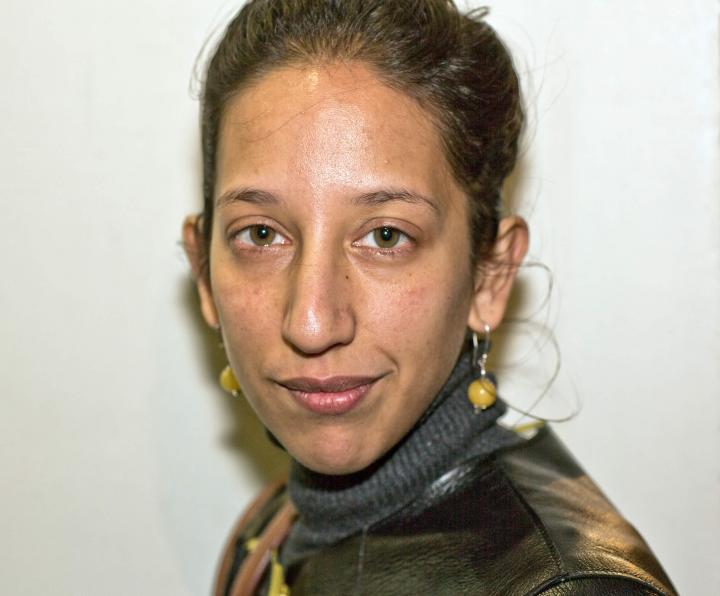Asylum Found
In the ‘Asylum Found’ event, sponsored by the Centre of African Studies, at the Edinburgh Book Festival, Lucy Popecu, Ahmed al-Malik, and Ben Rawlence discuss their most recent work with journalist and writer Bidisha
Writer and editor Lucy Popescu’s work has frequently been a campaign to place the voice of the subject at the centre of human rights narratives. A Country of Refuge: an anthology of writing on asylum seekers aims to do just this, compiling poems and short stories, both fiction and non-fiction, in a dedication to the pursuit of refuge. In these reflections time and place are constantly shifting, as if directed by the people in the stories, who are often torn by a discomfiting sense of the out-of-place. We roll across the Atlantic in the dark belly of an 18th-century ‘coffin ship’ carrying famine-stricken Irish brothers to death and Newfoundland; watch Stephen Kelman’s tourist wrestle awkwardly with conscience and the unknowable in the unsettling ‘Selfie’; and walk with William Boyd through ‘The Death of Ken Saro-Wiwa’.
An uneasy humour and a sense of the sinister drives author Ahmed Al-Malik ‘s ‘The Tank’ in his contribution to the collection The Book of Khartoum: A City in Short Fiction. The purchase of a military tank from a shady middle-man reveals itself to be a savvy acquisition. Without this armoured vehicle the protagonist is a frustrated no-man, pushing stale potatoes around his plate at an interminable wedding celebration. With the tank he is an agent of chaos. Its mere presence sends his neighbours into a flight of panic and reduces his milkman to a prostrate and gibbering plaintiff. The story unfolds as a subtle meditation on power and the tensions which underlie life in a city that draws refugees from across Sudan.
In Ben Rawlence’s City of Thorns we are seated behind the eyes of nine of the residents of the world’s largest refugee camp, Dadaab. The sheer enormity of this place is gripping. Dadaab is Kenya’s third largest metropolis, yet it is a manmade island in the desert, cast as far from Kenyan connection as the government could fathom. As a former researcher for Human Rights Watch, Ben Rawlence knows the humanitarian industry from the inside. That perspective and its frustrations are perhaps obvious here, there is a determined and striking facelessness to the agencies which govern this space. This distance is a stark contrast to the rich and harrowing narrative of the camp’s occupants, and through them we experience the agony of abandoned homes, of both hope and frustration, and ultimately the utter brutality of confinement in this thorny and liminal space.
It would have been easy to write a sympathetic few lines here about the relevance of these author’s most recent work to current events, about the need to appreciate the human behind the brash headlines which have dominated news cycles over the past months. What is admirable is that these writers do not tread such easy roads. The depth of the characters drives forward these important narratives. The search for refuge is felt as an urgent and deeply troubling backbeat to the texture of lives unfolding. As a fiery debate which aims to define, even tame, the stranger rolls onwards, these stories become all the more essential: for what is action without perspective? What is empathy without understanding?
‘Asylum Found’ will take place on Sunday the 21st of August, 17.45 - 18.45, at the Garden Theatre. Tickets, including concessions can be purchased here


